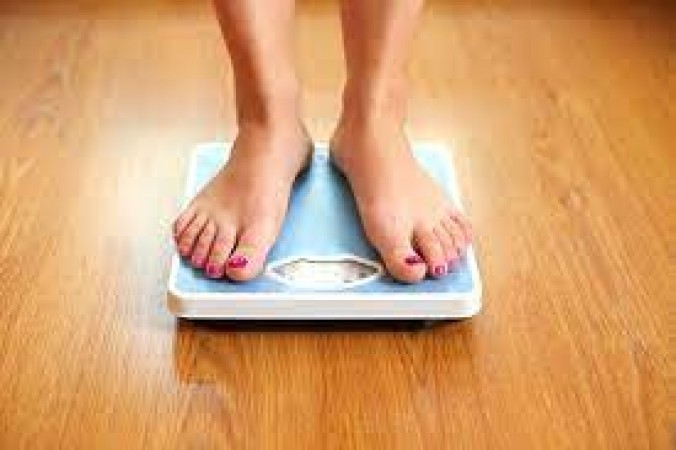
Many individuals embark on a weight loss journey with high hopes and determination, only to find themselves hitting a plateau sooner or later. This can be incredibly frustrating and demotivating, especially when you're putting in the effort to follow a strict diet regimen. However, it's essential to understand that weight loss plateaus are a common occurrence and can be overcome with the right strategies.
1. Evaluate Your Caloric Intake: One of the primary reasons for a weight loss plateau is consuming more calories than you're burning. Take a close look at your daily caloric intake and ensure that you're maintaining a calorie deficit.
2. Monitor Portion Sizes: Even healthy foods can contribute to weight gain if consumed in large portions. Pay attention to portion sizes and consider using smaller plates to help control your portions.
3. Keep a Food Journal: Tracking your food intake can provide valuable insights into your eating habits and help you identify areas where you can make improvements.
4. Focus on Nutrient-Dense Foods: Opt for whole, nutrient-dense foods such as fruits, vegetables, lean proteins, and whole grains. These foods not only support weight loss but also provide essential nutrients for overall health.
5. Limit Processed Foods: Processed foods are often high in calories, unhealthy fats, and added sugars, which can hinder weight loss progress. Minimize your intake of processed snacks, sugary beverages, and fast food.
6. Stay Hydrated: Drinking an adequate amount of water throughout the day can help control hunger, boost metabolism, and support overall health. Aim to drink at least 8 glasses of water daily.
7. Incorporate Strength Training: Building lean muscle mass through strength training can help increase your metabolism and promote fat loss. Aim to include strength training exercises in your workout routine at least 2-3 times per week.
8. Increase Cardiovascular Activity: Cardiovascular exercises such as jogging, cycling, or swimming can help burn calories and improve cardiovascular health. Aim for at least 150 minutes of moderate-intensity cardio per week.
9. Try High-Intensity Interval Training (HIIT): HIIT workouts involve short bursts of intense exercise followed by brief rest periods. These workouts are highly effective for burning calories and can be done in less time than traditional cardio exercises.
10. Get Adequate Sleep: Lack of sleep can disrupt hormone levels, including those that regulate hunger and appetite. Aim for 7-9 hours of quality sleep per night to support weight loss efforts.
11. Manage Stress: Chronic stress can lead to emotional eating and weight gain. Find healthy ways to manage stress, such as meditation, yoga, deep breathing exercises, or spending time in nature.
12. Consult a Registered Dietitian: If you're struggling to lose weight despite your best efforts, consider seeking guidance from a registered dietitian. They can help personalize a nutrition plan tailored to your individual needs and goals.
13. Consider Psychological Support: Weight loss journeys can be mentally challenging, and having the support of a therapist or counselor can be beneficial in addressing underlying emotional issues related to food and body image.
14. Be Patient: Remember that weight loss is not always linear, and it's normal to experience fluctuations along the way. Stay patient and trust the process, focusing on making sustainable lifestyle changes rather than quick fixes.
15. Celebrate Non-Scale Victories: Instead of solely focusing on the number on the scale, celebrate other achievements such as improved energy levels, increased strength, or better mood.
While hitting a weight loss plateau can be discouraging, it's important to remember that it's a normal part of the journey. By reassessing your diet, revamping your exercise routine, prioritizing sleep and stress management, and seeking professional guidance if needed, you can overcome obstacles and continue making progress towards your weight loss goals.
Men Should Include These Foods in Their Diet to Maintain Handsome Looks Even After 40 Years
Chewing Neem leaves at this time will cure many diseases, this is the right way to eat them
Your eyes tell you that Thyroid is increasing, know what are the warning signs